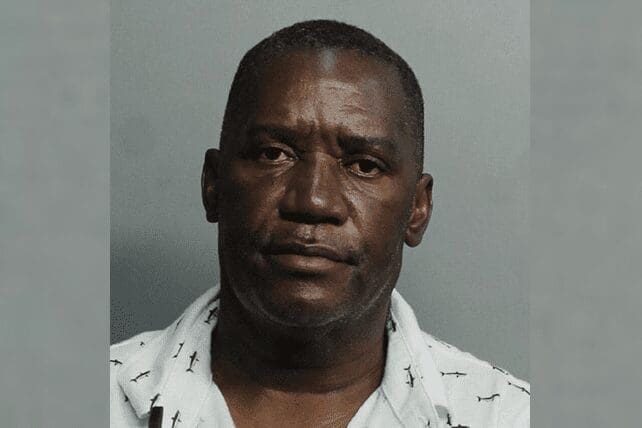Paycheck Protection Program (PPP) Loans
As part of the response to the COVID-19 pandemic, the government enacted the Coronavirus Aid, Relief, and Economic Security (“CARES”) Act. This act provided “emergency financial assistance to the millions of Americans suffering the economic effects caused by the COVID-19 pandemic.” Qualifying small businesses and organizations were able to obtain Paycheck Protection Program (PPP) loans to offset the costs of payroll, interest on mortgages, rent, and utilities. If the organization used the money specifically on payroll in the allowable timeframe, the interest and principal and interest could be forgiven.
In 2021, a COVID-19 Fraud Enforcement Task Force was created by the Attorney General. This task force “bolsters efforts to investigate and prosecute the most culpable domestic and international criminal actors and assists agencies tasked with administering relief programs to prevent fraud,” according to a press release. The U.S. Department of Justice set up a site to report suspected fraudulent activity in vaccinations, unemployment insurance, and CARES Act loan applications.
According to FederalPay.org, 122,654 religious organizations (including churches) received PPP loans as part of the CARES Act. The average PPP loan was $75,422.
Churches across the country decided whether to apply for a PPP loan to help pay for payroll and specific necessities, with various pastors and church leaders arriving at different conclusions based on their convictions and the advice they received.
Earlier this year, post-COVID trends for church income were reported as stable, even as attendance numbers have declined. “Attendance matters to finances because churchgoers represent a church’s base of givers,” said executive director of Lifeway Research Scott McConnel. “Churches don’t exist to make money, but money is needed for many ministry activities. It is never financially healthy to see a reduction in the number of givers.”

